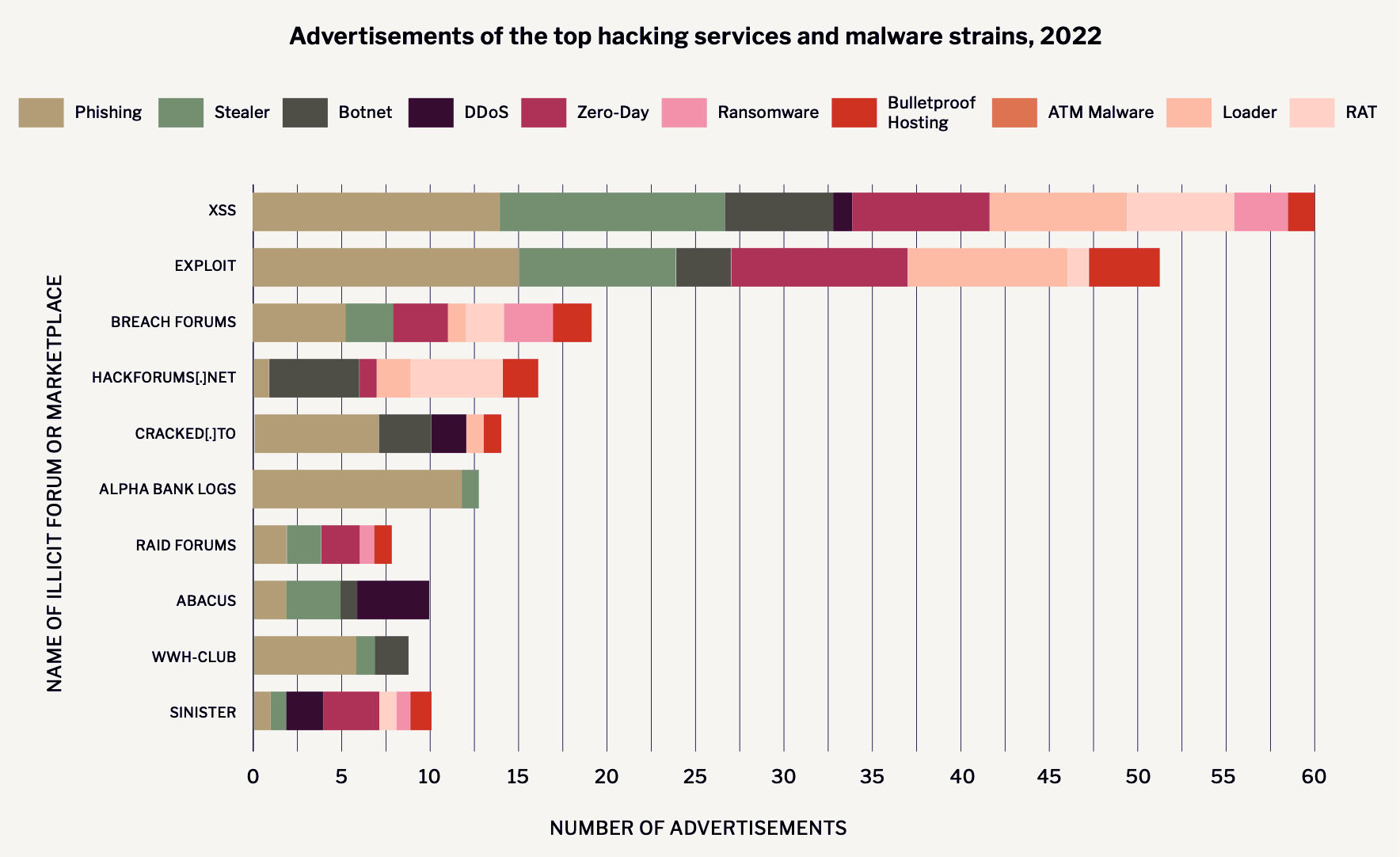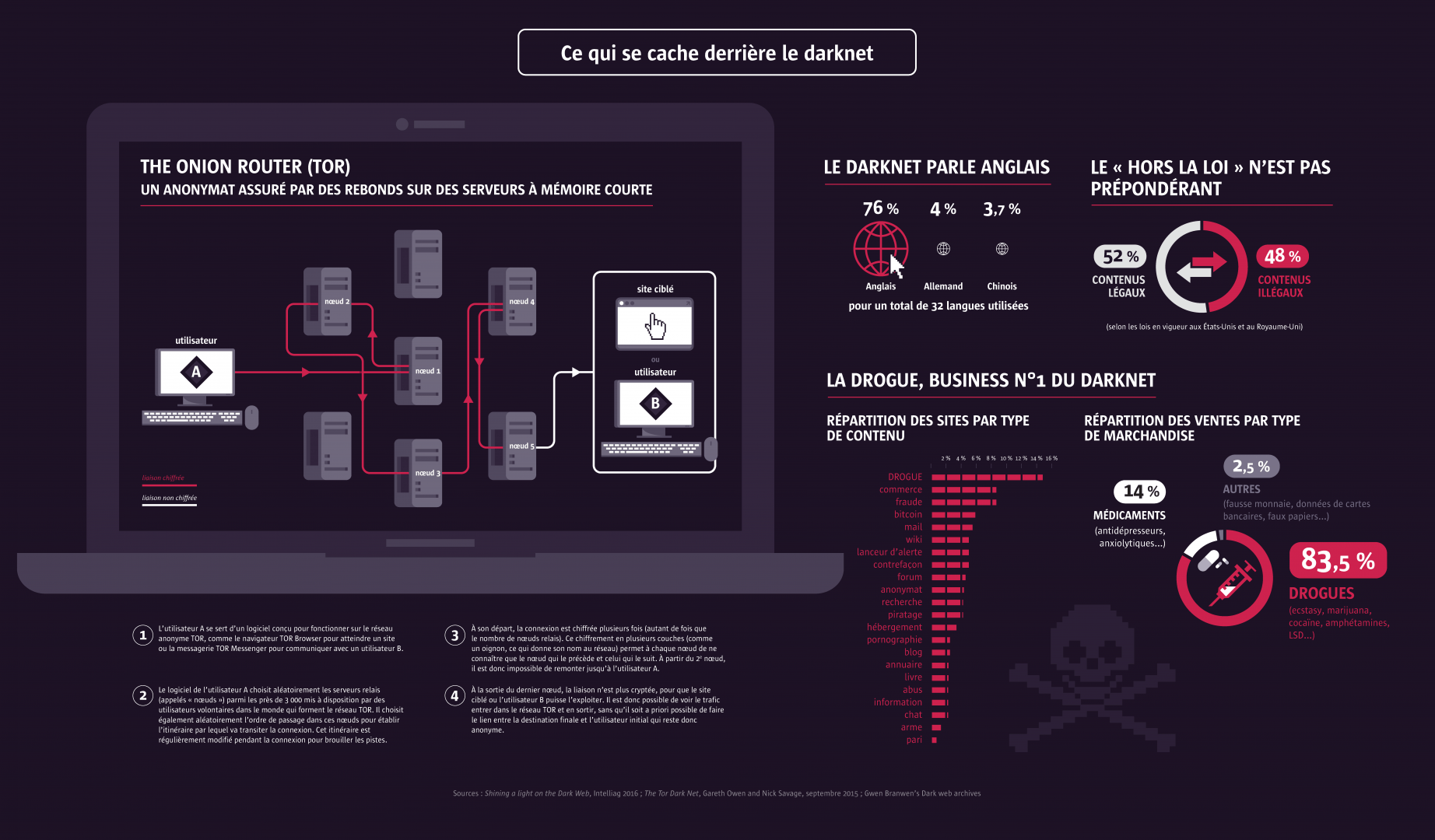The advent of the shadowy web has transformed the scope of online commerce, giving rise to a new genre of marketplaces that operate beyond the reach of regular law enforcement. These dark web markets, often accessed through the anonymity of crypto coins, permit users to purchase and sell a broad range of goods and services—both legal and illegal. Including digital privacy tools to illegal goods, the allure of the hidden web lies in its assurance of secrecy and the freedom to take part in exchanges that mainstream internet cannot support.
As users flock to these clandestine platforms, they leverage the unique capabilities of peer-to-peer currencies like Bitcoin, creating a intricate network of exchanges that challenge legacy financial structures. Although some may seek out these areas to get unique collectibles or privacy-enhancing technologies, others delve into riskier territories where illegal drugs and forbidden services are just a click away. This write-up delves into the intriguing world of hidden web markets, exploring their funcitoning, consequences, and the ongoing battle between the authorities and obscure online dealers.
Comprehending this Dark Web
The dark web is a section of our internet that is not indexed by traditional search engines, making it open only through specific software, configurations, or permissions. It operates on an encrypted network, ensuring users’ privacy and security. darknet sites This setting attracts a range of activities, from authentic privacy-focused communications to unlawful transactions. The perception of the dark web often leans toward nefarious use, but it is vital to recognize its intricacy.

On the dark web, multiple marketplaces have emerged, where goods and services can be exchanged with minimal oversight. These markets typically deal in products that vary from virtual services, such as hacking tools and stolen data, to material items like drugs and counterfeit goods. The anonymity provided by cryptocurrencies plays a significant role in facilitating these trades, as buyers and sellers interact without the need to disclose personal information. This creates a distinct economy, motivated largely by the need for privacy and the demand for goods that are both illegal or hard to obtain on the visible web.
Navigating the dark web requires caution and a basic understanding of how its structure operates. Accessing these concealed areas involves using particular browsers like Tor, which hides traffic and helps protect users from surveillance. While the dark web can be a refuge for those seeking privacy or escaping oppressive governments, it also carries inherent risks, such as scams, exposure to prohibited content, and potential legal consequences. As users navigate into this hidden layer of the internet, they must consider the advantages against the dangers associated with its use.
The Rise of Cryptocurrency in Dark Markets
The emergence of cryptocurrencies has substantially transformed the ecosystem of underground marketplaces. Originally, these sites relied on traditional financial transactions, which frequently led to tracking and law police intervention. With the adoption of Bitcoin and other digital currencies, users achieved an unmatched level of anonymity, allowing them to conduct deals without disclosing their identities. This change not only supported the growth of these markets but also pulled in a wider range of buyers and sellers looking to engage in illicit trade without the fear of being caught.
Cryptocurrencies provide both buyers and sellers with unique advantages in dark markets. Deals are not centralized, making it difficult for authorities to monitor the movement of funds. Attributes such as pseudonymity and cryptography further safeguard users, ensuring that their financial activities remain hidden. As a result, many underground marketplaces have embraced digital currencies as their primary mode of payment, with Bitcoin leading the way due to its widespread recognition. However, other digital currencies, such as Moneros and Ethereum, have also secured popularity for their improved privacy attributes, further expanding payment options available to users.
The surge of digital currency in dark markets has not gone ignored by authorities and regulatory bodies. As the use of these cryptocurrencies expands in illegal operations, authorities are more and more targeting their use. This has led to the creation of instruments and tactics aimed at monitoring and regulating digital currency transactions. Despite these obstacles, the attractiveness of privacy and the decentralized nature of cryptocurrencies continue to drive their popularity within underground marketplaces, suggesting that they will remain critical to this underground economy for the foreseeable future.
Dangers and Repercussions of Involvement with Darknet Markets
Engaging with darknet markets presents numerous of dangers that can have substantial law-related and financial repercussions. One of the most prominent dangers is the likelihood for law enforcement intervention. Authorities around the world are increasingly surveilling dark web activities, and a number of individuals have faced arrests for buying or trading illegal goods. Participating in these platforms can lead to investigations that expose users to criminal charges, penalties, and even jail time.
In furthermore to legal risks, there are considerable safety concerns associated with darknet transactions. The anonymity that these platforms offer can attract harmful individuals, including fraudsters and cybercriminals. Users may find themselves victims of fraud, losing funds without receiving the expected goods. Moreover, there is the risk of receiving dangerous or poor-quality products, which can lead to injury or monetary damage. The lack of regulation means that recourse for those affected is virtually absent.
In conclusion, engaging with darknet markets can have lasting effects on an individual's private and professional life. Being involved in illegal activities can tarnish a person's standing, affecting job prospects and personal relationships. The online trace left behind can also lead to ongoing scrutiny and paranoia, as users continually worry about being tracked or discovered. The appeal of fast profits can blind individuals to the long-term consequences that such involvement may entail.

